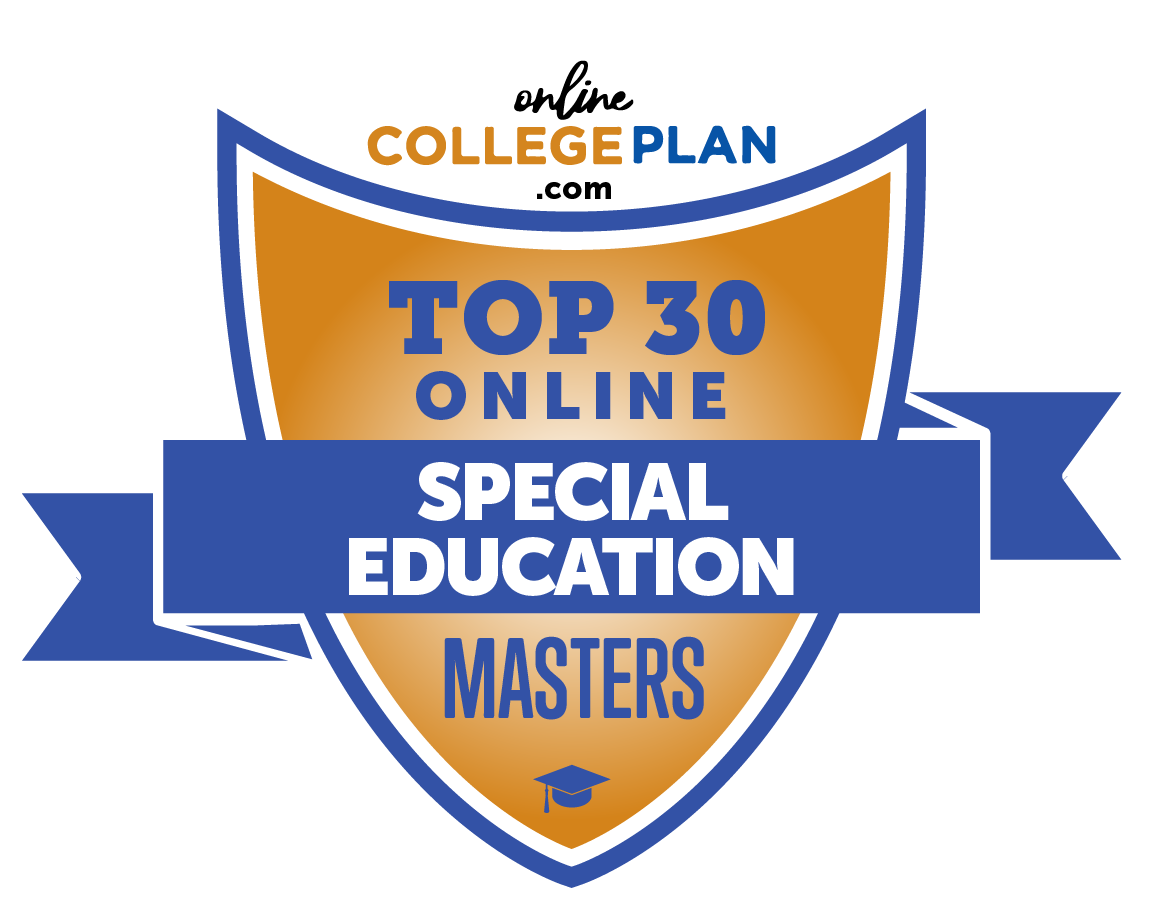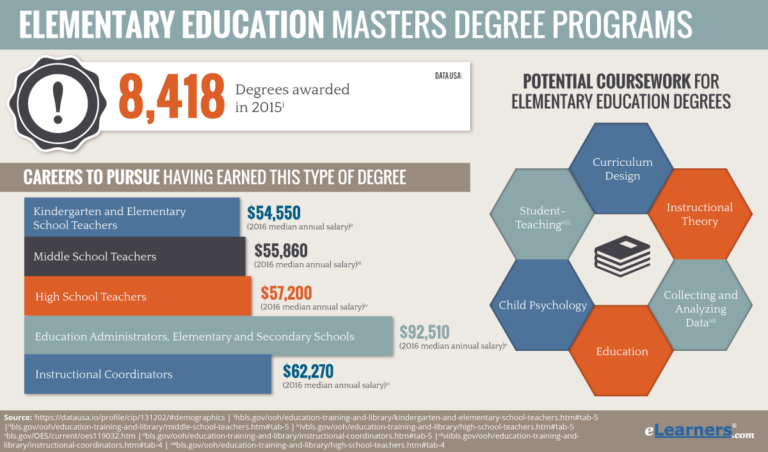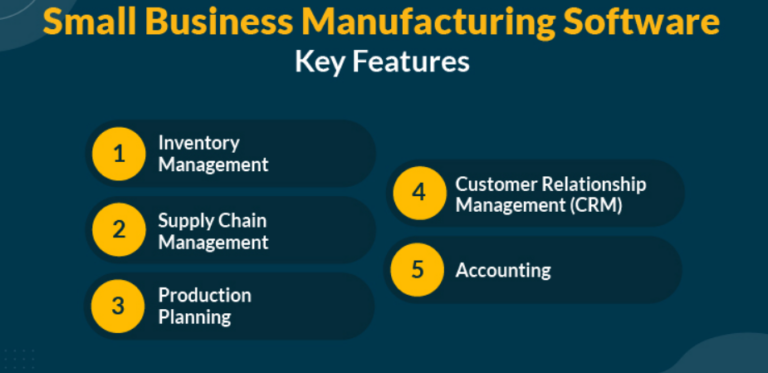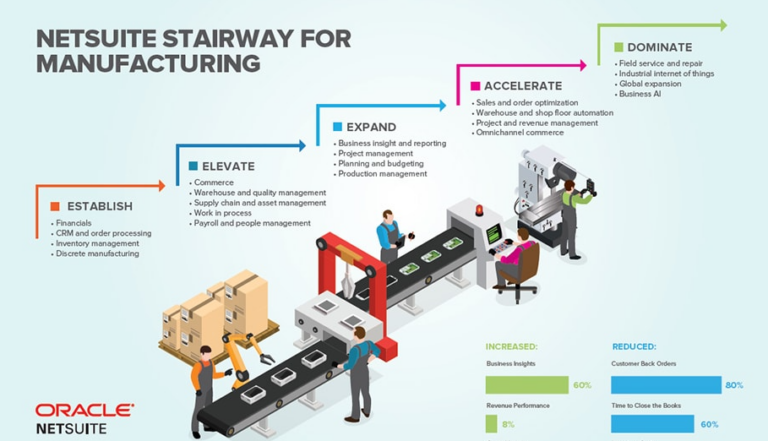Masters In Education Online programs are transforming the landscape of educational leadership and teaching. This rapidly evolving field offers flexible learning options for busy professionals seeking career advancement or a change in direction. We’ll explore the curriculum, admission requirements, specializations, career paths, technological aspects, accreditation, costs, financial aid, and support services associated with pursuing a Master’s in Education online.
This guide aims to provide a clear and concise overview, empowering you to make informed decisions about your future in education.
From understanding the diverse specializations available—like curriculum development, educational leadership, or special education—to navigating the intricacies of online learning platforms and technological tools, we’ll delve into the practical considerations of this increasingly popular pathway. We’ll also examine the financial aspects, including tuition fees, financial aid options, and potential salary expectations upon graduation, painting a complete picture of the online Masters in Education journey.
Program Overview
An online Master’s in Education (M.Ed.) offers a flexible pathway to advance your career in education. These programs cater to working professionals and individuals seeking a convenient way to enhance their knowledge and skills. The curriculum, admission requirements, specializations, and career paths vary, but common threads exist that make these programs valuable.
Typical Curriculum of an Online Master’s in Education Program
Online M.Ed. programs typically cover a range of core educational theories and practices. Common courses include educational psychology, curriculum development, assessment strategies, instructional technology, and educational leadership. Many programs also incorporate specialized electives allowing students to tailor their studies to specific interests. For example, a curriculum might include courses on differentiated instruction, special education methodologies, or educational research methods, depending on the program’s focus.
The specific course content and structure will vary based on the institution and chosen specialization.
Admission Requirements for Online Master’s in Education Programs
Admission requirements vary across institutions but generally include a bachelor’s degree, often with a minimum GPA (typically a 3.0 or higher). Many programs require official transcripts, letters of recommendation, a statement of purpose outlining educational goals, and a resume showcasing relevant experience. Some programs may also require standardized test scores, such as the GRE or MAT, although this is becoming less common for online programs.
Specific requirements are detailed on each institution’s website.
Specializations Offered in Online Master’s in Education Programs
Online M.Ed. programs offer a variety of specializations, allowing students to focus their studies on a particular area of interest. Common specializations include curriculum and instruction, educational leadership and administration, special education, educational technology, and counseling. Each specialization offers a unique set of courses and skills. For example, a specialization in educational technology might focus on integrating technology into the classroom, while a specialization in special education would cover effective strategies for teaching students with diverse learning needs.
The availability of specific specializations depends on the institution offering the program.
Common Career Paths After Completing an Online Master’s in Education Degree
An M.Ed. opens doors to numerous career paths within the education sector and beyond. The specific career path depends on the chosen specialization and prior experience.
| Career Path | Required Skills | Average Salary (USD, approximate) | Job Outlook |
|---|---|---|---|
| Curriculum Developer | Curriculum design, instructional design, educational technology, assessment design | $60,000 – $90,000 | Good; increasing demand for innovative curriculum |
| School Administrator/Principal | Leadership, management, communication, budgeting, problem-solving | $70,000 – $120,000+ | Moderate; competition exists but opportunities exist in growing districts |
| Special Education Teacher | Specialized knowledge of learning disabilities, IEP development, differentiated instruction | $50,000 – $80,000 | Good; increasing demand due to growing awareness and inclusion |
| Instructional Designer | Instructional design principles, eLearning development, assessment design, multimedia skills | $65,000 – $100,000+ | Excellent; high demand driven by growth of online learning |
Accreditation and Program Quality: Masters In Education Online

Choosing an online Master’s in Education program requires careful consideration of its accreditation and overall quality. Accreditation ensures the program meets certain educational standards, while program quality encompasses factors like curriculum, faculty expertise, and student support services. Understanding these aspects is crucial for making an informed decision about your future studies.
Key accrediting bodies for online Master’s in Education programs vary depending on the country and region. In the United States, for example, the Council for Accreditation of Educator Preparation (CAEP) is a significant accrediting body, focusing on teacher preparation programs. Regional accrediting agencies, such as the Higher Learning Commission (HLC) and the WASC Senior College and University Commission (WSCUC), also accredit universities offering online Master’s in Education programs, indirectly ensuring the quality of the programs they house.
International accrediting bodies exist as well, with their standards and focus areas differing based on geographical location and educational systems.
Criteria for Evaluating Online Master’s in Education Program Quality
Evaluating the quality of an online Master’s in Education program involves examining several key criteria. These criteria ensure that the program provides a rigorous and relevant educational experience. Factors to consider include the program’s curriculum alignment with current educational best practices, the qualifications and experience of the faculty, the availability of robust student support services (such as advising and technical assistance), the program’s use of technology and online learning platforms, and the program’s demonstrable success in preparing graduates for their careers.
Furthermore, student reviews and graduate employment data provide valuable insights into the program’s effectiveness.
Accreditation Status Comparison of Prominent Online Master’s in Education Programs
Direct comparison of accreditation status requires specific program names and their current accreditations. This information changes frequently, and reliance on current, official sources from the institutions themselves is crucial. However, a general approach would involve checking the university’s website for accreditation information and verifying it with the accrediting body’s official website. For instance, if a university states it is regionally accredited by the HLC, one would independently confirm this accreditation on the HLC website to ensure accuracy.
Comparison of Three Online Master’s in Education Programs
The following table provides a hypothetical comparison of three different online Master’s in Education programs. Remember that this is illustrative and actual program details may vary. Always verify information directly with the institutions.
| Program Name | Accreditation | Cost (USD) | Program Length (Months) |
|---|---|---|---|
| Example University A | CAEP, regionally accredited by HLC | $30,000 | 24 |
| Example University B | Regionally accredited by WASC | $25,000 | 18 |
| Example University C | Regionally accredited by HLC | $35,000 | 30 |
Cost and Financial Aid
Planning to pursue a Master’s in Education online? Understanding the financial implications is crucial. This section Artikels the typical costs involved and explores the various financial aid options available to help you fund your education.Tuition fees for online Master’s in Education programs vary significantly depending on the institution, program length, and the number of credit hours required. Expect to pay anywhere from $10,000 to $70,000 or more for the entire program.
This doesn’t include additional costs like books, technology, and living expenses.
Tuition Fees and Associated Costs
Tuition is the primary cost, but several other expenses contribute to the overall program cost. These include technology fees (for software or access to online learning platforms), textbook and materials costs, and potential professional development or certification fees. Some programs may also charge application fees. It’s essential to request a comprehensive breakdown of all costs from the university’s financial aid office or admissions department before enrollment.
Remember to factor in these additional costs when budgeting for your degree.
Financial Aid Options
Numerous financial aid options can help offset the cost of an online Master’s in Education. These options can significantly reduce the financial burden and make pursuing your degree more manageable.
Scholarships and Grants
Many scholarships and grants are specifically designed for students pursuing online Master’s in Education degrees. These awards can significantly reduce or even eliminate tuition costs. Securing funding requires diligent research and timely application.
- Federal Grants: The Federal Pell Grant and Federal Supplemental Educational Opportunity Grant (FSEOG) are need-based grants available to eligible students. Eligibility is determined by your FAFSA (Free Application for Federal Student Aid) application.
- Institutional Scholarships: Many universities offer scholarships specifically for online graduate students, often based on academic merit, professional experience, or demonstrated financial need. Check with your chosen university’s financial aid office for available scholarships.
- Professional Organizations: Several professional organizations in education offer scholarships to their members pursuing advanced degrees. Research organizations relevant to your field of interest.
- Private Scholarships: Numerous private organizations and foundations award scholarships to graduate students. Websites like Fastweb and Scholarships.com are valuable resources for finding these opportunities.
Calculating Total Program Cost
To calculate the total cost, you need to consider all relevant expenses. A simple formula is:
Total Cost = Tuition + Fees + Books + Technology + Living Expenses
For example, let’s assume tuition is $30,000, fees are $1,000, books and materials cost $1,500, technology costs (laptop, software) are $2,000, and annual living expenses are $15,000 for a two-year program.
Total Cost = $30,000 + $1,000 + $1,500 + $2,000 + ($15,000 x 2) = $61,000
This is a simplified example, and your actual costs may vary. Always obtain a detailed cost breakdown from the university and factor in your individual circumstances.
Career Advancement and Salary Expectations
Earning a Master’s in Education online opens doors to significant career advancement and improved earning potential. This section explores the various pathways available to graduates and the factors influencing their salary expectations. While specific salaries vary greatly based on location, experience, and the specific role, a master’s degree generally provides a competitive advantage in the job market.
An online Master’s in Education equips individuals with advanced knowledge and skills highly sought after in the education sector. This translates to more opportunities for promotion, leadership roles, and specialized positions within schools, districts, and other educational settings. Furthermore, the flexibility of online learning allows professionals to pursue advanced degrees while maintaining their current employment, accelerating their career trajectory.
Examples of Successful Careers for Online Master’s in Education Graduates
Graduates with an online Master’s in Education have successfully transitioned into a variety of rewarding and influential roles. The following examples illustrate the diverse career paths available:
- Curriculum Development Specialist: Designing and implementing engaging and effective curricula for diverse student populations.
- Instructional Coach/Mentor: Providing professional development and support to teachers, fostering improved teaching practices and student outcomes.
- Educational Administrator/Principal: Leading and managing schools, overseeing staff, and ensuring the effective operation of the educational institution.
- Special Education Administrator: Overseeing and managing programs and services for students with disabilities.
- Higher Education Instructor/Professor: Teaching and mentoring future educators at the college or university level.
Factors Influencing Salary Expectations
Several factors significantly influence salary expectations for graduates with an online Master’s in Education. These factors interact in complex ways to determine an individual’s earning potential.
- Years of Experience: As expected, experience is a major factor. Entry-level positions will naturally command lower salaries than those held by individuals with 10+ years of experience in the field.
- Geographic Location: Salaries vary considerably depending on the location. Highly populated areas with a high cost of living tend to offer higher salaries to attract and retain qualified educators.
- Specific Role and Responsibilities: A principal’s salary will differ significantly from that of a classroom teacher, reflecting the increased responsibilities and leadership demands of the role. Specialized roles, such as curriculum development specialists or special education administrators, may also command higher salaries.
- Level of Education: While a Master’s degree improves earning potential, further education (e.g., a doctorate) can lead to even higher salaries, particularly in leadership positions.
- Employer Type: Public schools often have different salary structures compared to private schools or charter schools. Similarly, salaries in higher education may vary significantly depending on the institution’s size and funding.
Salary Expectations Over Time
The following is a descriptive representation of how salary might increase with years of experience for different roles. Note that these are illustrative examples and actual salaries can vary widely.
Imagine a bar graph. The X-axis represents years of experience (0-15 years, in 5-year increments). The Y-axis represents annual salary (in increments of $10,000, starting at $40,000 and going up to $100,000). Three distinct bars are shown for each year of experience: one for a classroom teacher, one for an instructional coach, and one for a school principal. The classroom teacher’s salary would show a steady, moderate increase over time.
The instructional coach’s salary would start slightly higher than the teacher’s and show a steeper increase, reflecting the added responsibilities. The principal’s salary would start significantly higher and demonstrate the most substantial increase over the 15-year period, reflecting the seniority and leadership role.
Program Flexibility and Support Services

Choosing an online Master’s in Education program often hinges on the flexibility it offers and the support systems in place. A successful program understands the unique challenges faced by working professionals and parents, and provides the resources to help them succeed. This section will Artikel the key aspects of program flexibility and the support services available to online students.
Online Master’s in Education programs are designed to accommodate diverse learning styles and schedules. The flexibility offered extends beyond simply accessing course materials online; it encompasses the entire learning experience. This allows students to balance their professional and personal lives with their academic pursuits.
Scheduling and Course Delivery Flexibility, Masters In Education Online
The scheduling flexibility in online programs is a significant advantage. Many programs offer asynchronous courses, meaning that students can access materials and complete assignments at their own pace, within established deadlines. This contrasts with synchronous courses, which require real-time participation. Some programs offer a mix of both, providing a balance between structured learning and independent study. For example, a program might offer weekly live Q&A sessions alongside pre-recorded lectures and assignments with flexible deadlines.
This blended approach caters to a wider range of student preferences and time commitments.
Types of Support Services Available to Online Students
Effective support services are crucial for the success of online learners. A comprehensive support system should include several key components. Lack of face-to-face interaction can be mitigated with proactive support.
- Academic Advising: Dedicated advisors provide guidance on course selection, degree planning, and career development. They act as a point of contact for academic concerns and help students stay on track towards graduation.
- Technical Support: Reliable technical assistance is vital for navigating the online learning environment. Support teams should be readily available to address issues with learning management systems, software, and other technological challenges.
- Tutoring and Mentoring: Many programs offer tutoring services to help students with specific course content or assignments. Mentoring programs can connect students with experienced educators who provide guidance and support throughout their studies. This personalized attention is particularly valuable for students who may need extra assistance.
- Online Libraries and Resources: Access to a robust online library and digital resources is essential. Students should have 24/7 access to relevant research materials and databases to support their academic work.
- Student Forums and Communities: Online forums and communities foster collaboration and peer-to-peer learning. These spaces provide opportunities for students to connect with their classmates, share resources, and ask questions.
Comparison of Student Support Across Programs
The level of student support varies considerably across different online Master’s in Education programs. Some programs offer extensive support services, including personalized tutoring, dedicated academic advisors, and robust technical support. Others may offer more limited support, relying primarily on online resources and general inquiries systems. Factors such as program size, institutional resources, and the program’s overall philosophy influence the level of support provided.
Prospective students should carefully review the support services offered by each program before making a decision. For example, a smaller, specialized program might offer more personalized attention than a large, publicly funded university.
Key Features of a Successful Online Master’s in Education Program (Flexibility and Support)
A successful online Master’s in Education program prioritizes both flexibility and robust support services. The combination of these elements is critical for student success and satisfaction.
- Flexible scheduling options: Asynchronous courses, self-paced modules, and a choice of start dates.
- Accessible learning materials: User-friendly online platform, multimedia resources, and mobile compatibility.
- Comprehensive support services: Dedicated academic advisors, technical support, tutoring, and online community forums.
- Clear communication and responsiveness: Prompt responses to student inquiries and proactive communication from faculty and staff.
- Regular feedback and assessment: Opportunities for students to receive timely feedback on their work and track their progress.
Ending Remarks

Ultimately, pursuing a Masters In Education Online presents a compelling opportunity for personal and professional growth. The flexibility, accessibility, and career advancement potential make it an attractive option for many. By carefully considering the program’s curriculum, technological aspects, accreditation, financial implications, and support services, prospective students can confidently navigate the application process and embark on a rewarding journey towards achieving their educational goals.
Remember to thoroughly research programs to find the best fit for your individual needs and aspirations.
Essential Questionnaire
Can I transfer credits from a previous program?
Yes, many programs accept transfer credits, but the number of credits accepted varies depending on the institution and your prior coursework. Check with individual programs for their specific policies.
What is the typical program length?
Most online Master’s in Education programs can be completed in 1-2 years, but this can depend on factors like course load and program structure.
Are there networking opportunities in online programs?
Yes, many online programs incorporate networking opportunities through online forums, group projects, and virtual events to connect students and build professional relationships.
What if I need technical support with the online platform?
Most universities provide robust technical support for online students. Look for information on help desks, FAQs, and online tutorials on the program’s website.
Do online programs offer the same level of interaction as in-person programs?
While the format is different, many online programs actively foster interaction through discussion forums, live sessions, virtual office hours, and collaborative projects.





